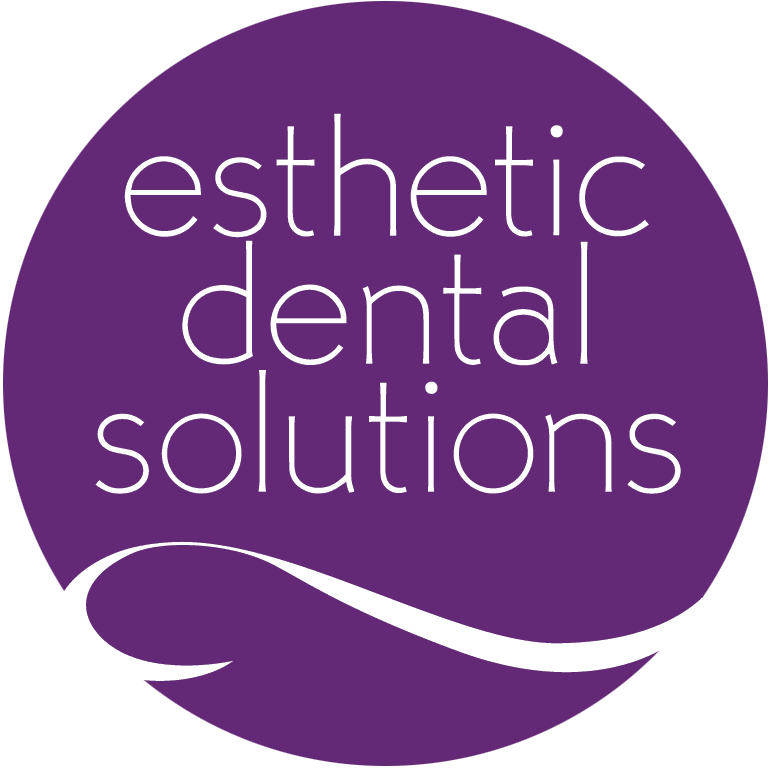Bleeding gums can be alarming, especially if it happens while brushing, flossing, or even eating. While it’s often dismissed as a minor inconvenience, bleeding gums are usually a sign that something more serious could be happening with your oral health. Understanding the causes is the first step to preventing further damage and protecting your overall well-being.

Poor Oral Hygiene
One of the most common reasons for bleeding gums is inadequate oral hygiene. When plaque, a sticky film of bacteria, builds up along the gumline, it irritates the gums and can lead to inflammation, known as gingivitis. This early stage of gum disease often results in gums that are swollen, tender, and bleed easily when brushed or flossed. Gingivitis can usually be reversed with proper brushing, flossing, and regular dental cleanings. However, if left untreated, it can progress to periodontitis, a more severe form of gum disease that may result in gum recession, tooth loss, and even damage to the jawbone.
Aggressive Brushing or Flossing
While brushing and flossing are essential for healthy gums, doing them too aggressively can cause more harm than good. Using a hard-bristled toothbrush or applying too much pressure can wear down gum tissue and cause bleeding. Similarly, flossing too roughly or with improper technique can injure the delicate tissue between the teeth. Switching to a soft-bristled toothbrush and using gentle, circular motions can help reduce trauma to the gums. Learning the correct way to floss, gently sliding the floss between the teeth and curving it around the base of each tooth, can also prevent bleeding and irritation.
Vitamin Deficiencies
A lack of certain nutrients, particularly vitamin C and vitamin K, can contribute to bleeding gums. Vitamin C is crucial for tissue repair and immune function, while vitamin K helps the body form blood clots. A deficiency in either vitamin can result in gums that bleed more easily. People who consume a diet low in fruits and vegetables or who have conditions that interfere with nutrient absorption may be at greater risk. Incorporating more citrus fruits, leafy greens, and other nutrient-rich foods can help restore healthy gum function.
Hormonal Changes
Hormonal fluctuations during pregnancy, menstruation, or menopause can make gums more sensitive and prone to bleeding. Increased levels of progesterone, especially during pregnancy, can increase blood flow to the gums, making them more reactive to plaque and bacteria. This condition, sometimes referred to as “pregnancy gingivitis,” is quite common and usually resolves after childbirth. Maintaining good oral hygiene and visiting the dentist during pregnancy can help manage symptoms and prevent complications.
Medical Conditions and Medications
Certain health conditions can contribute to bleeding gums. Diabetes, for instance, impairs the body’s ability to fight infections, making gum disease more likely and more severe. Blood disorders like leukemia can also present with bleeding gums as an early symptom. In addition, medications such as blood thinners, anticoagulants, and some blood pressure drugs may reduce the blood’s ability to clot, resulting in more noticeable bleeding during oral care routines. If you suspect your medication may be contributing to the issue, consult your healthcare provider before making any changes.
Tobacco Use
Smoking and the use of other tobacco products are major risk factors for gum disease. Tobacco weakens the immune system and makes it harder for gums to heal, leading to chronic inflammation and increased bleeding. Smokers may also be less likely to notice early signs of gum disease, as nicotine constricts blood vessels and can mask symptoms. Quitting smoking not only improves gum health but also lowers the risk of heart disease, cancer, and other serious conditions. It’s one of the most effective steps you can take for your oral and overall health.
Gum Care in Alpharetta, GA
At Esthetic Dental Solutions, your oral health is our top priority. While occasional cases of bleeding gums may not be a concern, it’s always best to get it looked at. Bleeding often indicates an underlying issue that could lead to further complications down the road. Contact our office today to schedule a consultation and learn more about how to care for your gums.
